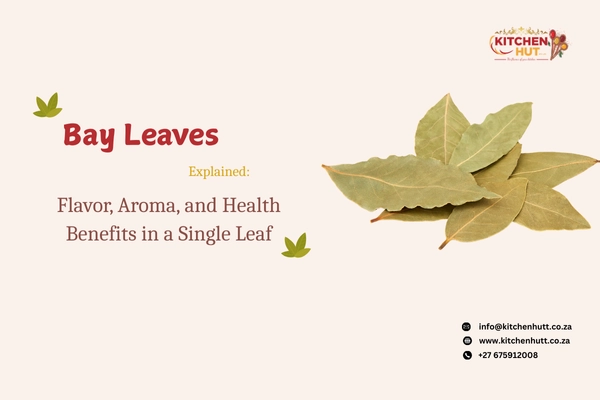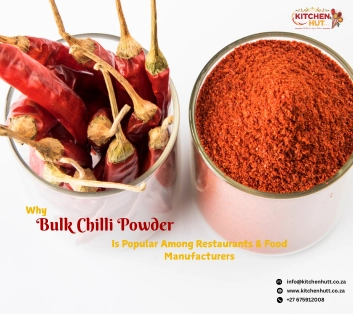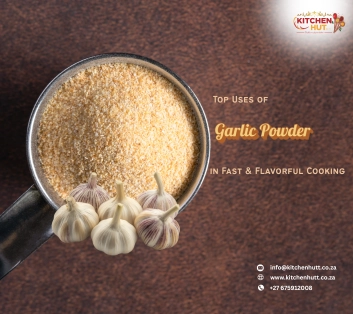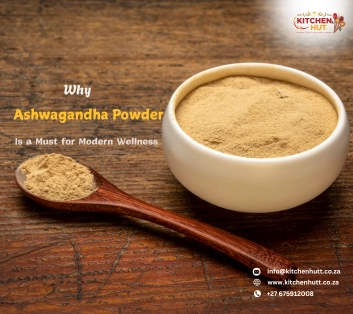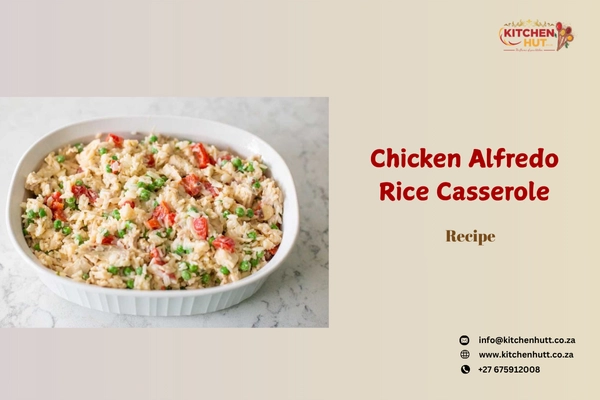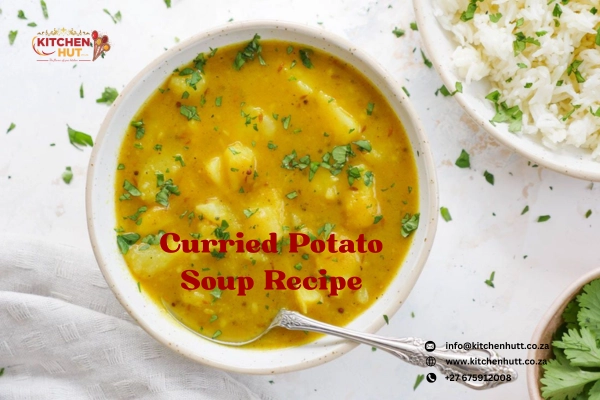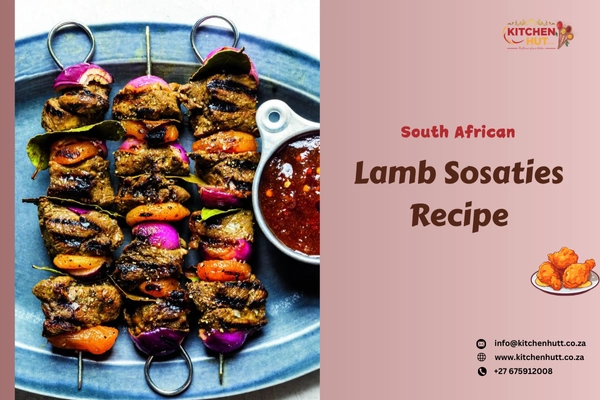Freshly Packed • Quality Assured • Reliable Delivery
From Spice To Medicine: The Traditional Uses Of Yellow Mustard Seeds

Yellow mustard seeds are a common ingredient found in numerous kitchens around the globe, valued for their strong flavor and capacity to elevate a diverse range of culinary creations. But beyond their culinary appeal, these tiny seeds carry a rich history of traditional medicinal use. For centuries, cultures across Europe, Asia, and Africa have relied on yellow mustard seeds for their bold taste and impressive healing properties.
In this article, we explore the journey of yellow mustard seeds from spice to medicine, delving into their nutritional value, traditional therapeutic applications, and how you can incorporate them into modern wellness routines.
A Brief Overview: What Are Yellow Mustard Seeds?
Yellow mustard seeds come from the Sinapis alba plant, also known as white mustard. These seeds are pale yellow to light brown and are commonly used in Western cuisine to make classic yellow mustard condiments. Compared to black or brown mustard seeds, yellow mustard seeds are milder in flavor but still pack a spicy punch when crushed or ground.
They contain several active compounds, including glucosinolates, myrosinase, and essential fatty acids, which contribute to their medicinal properties.
Historical Roots of Mustard as Medicine
The medicinal use of mustard seeds dates back thousands of years:
-
The ancient Egyptians utilized mustard seeds for the treatment of respiratory issues and to enhance digestive health.
-
Hippocrates, the father of medicine, prescribed mustard for soothing sore muscles and colds.
-
In Ayurvedic and Unani medicine, mustard seeds have been used to balance bodily doshas, especially to ignite the digestive fire (agni).
-
In Traditional Chinese Medicine (TCM), mustard seeds are acknowledged for their capacity to improve circulation and remove phlegm.
These ancient practices recognized mustard seeds not just as flavoring agents, but as powerful, plant-based remedies.
Nutritional Profile of Yellow Mustard Seeds
Before we look at their medicinal uses, it's important to understand what makes mustard seeds so effective. They are:
-
Rich in selenium, known for its anti-inflammatory benefits
-
A good source of omega-3 fatty acids
-
Contain magnesium, phosphorus, calcium, and iron
-
Packed with glucosinolates, which may help in cancer prevention
-
Low in calories yet rich in advantageous plant compounds
This nutrient-rich profile gives yellow mustard seeds their medicinal edge.
Traditional Medicinal Uses of Yellow Mustard Seeds
1. Digestive Aid
One of the oldest known uses of mustard seeds is as a digestive stimulant.
How it works:
-
The seeds increase the production of digestive enzymes.
-
They assist in alleviating bloating, gas, and constipation.
-
Mustard tea or warm water infused with crushed mustard seeds is often consumed before meals to boost appetite and digestion.
Traditional tip: In Ayurveda, a pinch of mustard seed powder mixed with honey is taken after meals to support digestion and prevent indigestion.
2. Respiratory Relief
Mustard seeds are known for their ability to clear congestion and treat respiratory problems such as colds, coughs, and bronchitis.
Methods of use:
-
Mustard poultices are utilized on the chest to alleviate congestion and enhance circulation.
-
Mustard steam inhalation helps in clearing the nasal passages.
Caution: Always use a cloth barrier when applying mustard poultices to prevent skin irritation.
3. Muscle Pain and Joint Inflammation
Thanks to their warming effect, mustard seeds have been traditionally used to relieve muscular pain, arthritis, and joint stiffness.
How to use:
-
Mix mustard seed powder with warm water to create a paste and apply it as a plaster over the affected area.
-
Soak in a mustard seed bath to reduce body aches and fatigue.
Traditional remedy: In Europe, mustard foot baths were common for treating colds and flu symptoms.
4. Detoxification and Blood Circulation
Yellow mustard seeds stimulate sweating, helping the body detox naturally.
Health benefits:
-
Promotes the removal of toxins through the skin
-
Enhances blood flow and oxygenation to tissues
-
Stimulates the lymphatic system
Consuming mustard in small amounts can support internal detox, while external applications encourage circulation.
5. Skin and Hair Health
Traditionally, mustard seed oil and ground seeds have been used for skin treatments and hair care.
Benefits:
-
Mustard oil massages improve blood circulation and skin texture
-
Mustard seed scrubs assist in the removal of dead skin cells through exfoliation
-
Mustard oil has been employed to strengthen hair follicles and promote hair growth.
DIY Tip: Combine ground mustard seeds with yogurt and honey to create a natural facial mask.
6. Metabolic Boost and Weight Management
Some traditional systems used mustard seeds as a metabolism booster.
How it helps:
-
The spicy compounds in mustard can increase body temperature, aiding calorie burning
-
Helps regulate blood sugar and reduce insulin spikes
This makes mustard seeds a useful addition to balanced diets focused on weight control.
Modern Wellness Uses Inspired by Tradition
Even today, many of these traditional practices are being revisited through modern wellness trends:
-
Mustard Seed Detox Baths: Add ½ cup of ground mustard seeds to a warm bath with Epsom salt and essential oils for a rejuvenating soak.
-
Herbal Teas: Infuse crushed yellow mustard seeds with fennel and ginger for a digestive herbal tea.
-
Natural Cold Remedies: Combine mustard seed powder with turmeric and honey for a homemade cold-fighting paste.
-
Topical Creams: Natural skincare brands are beginning to incorporate mustard extracts for their anti-inflammatory and circulation-boosting properties.
How to Use Yellow Mustard Seeds Safely
While yellow mustard seeds are generally safe, they should be used in moderation:
-
Overconsumption can lead to irritation in the digestive tract.
-
Mustard seed poultices should not be left on the skin for 15–20 minutes.
-
Always perform a patch test before applying mustard-based products topically.
Pregnant or nursing women and individuals with thyroid issues should consult a healthcare provider before using mustard seeds medicinally.
Culinary Meets Healing: Everyday Uses
Adding yellow mustard seeds to your daily meals is a simple and delicious way to reap their benefits:
-
Temper them in hot oil and add to curries, dals, and stir-fries.
-
Mix ground mustard into salad dressings, marinades, or homemade condiments.
-
Use in spice rubs for meat and roasted vegetables.
-
Blend into sauces, dips, and chutneys for extra flavor and health.
In this way, you nourish your body with flavor and function, honoring centuries of traditional wisdom with every bite.
Conclusion
From ancient remedies to modern wellness routines, yellow mustard seeds have proven their value beyond the spice rack. Their transition from culinary staple to trusted medicinal aid reflects a deep, cross-cultural appreciation for the healing power of nature.
Whether using them to spice up your meals or soothe a cold, mustard seeds offer a natural, affordable, and effective way to support your health. By embracing their flavor and function, you can reconnect with age-old traditions that nourish body and spirit today.
Note: We are only providing information, not a suggestion. Please consult your doctor before using it.






